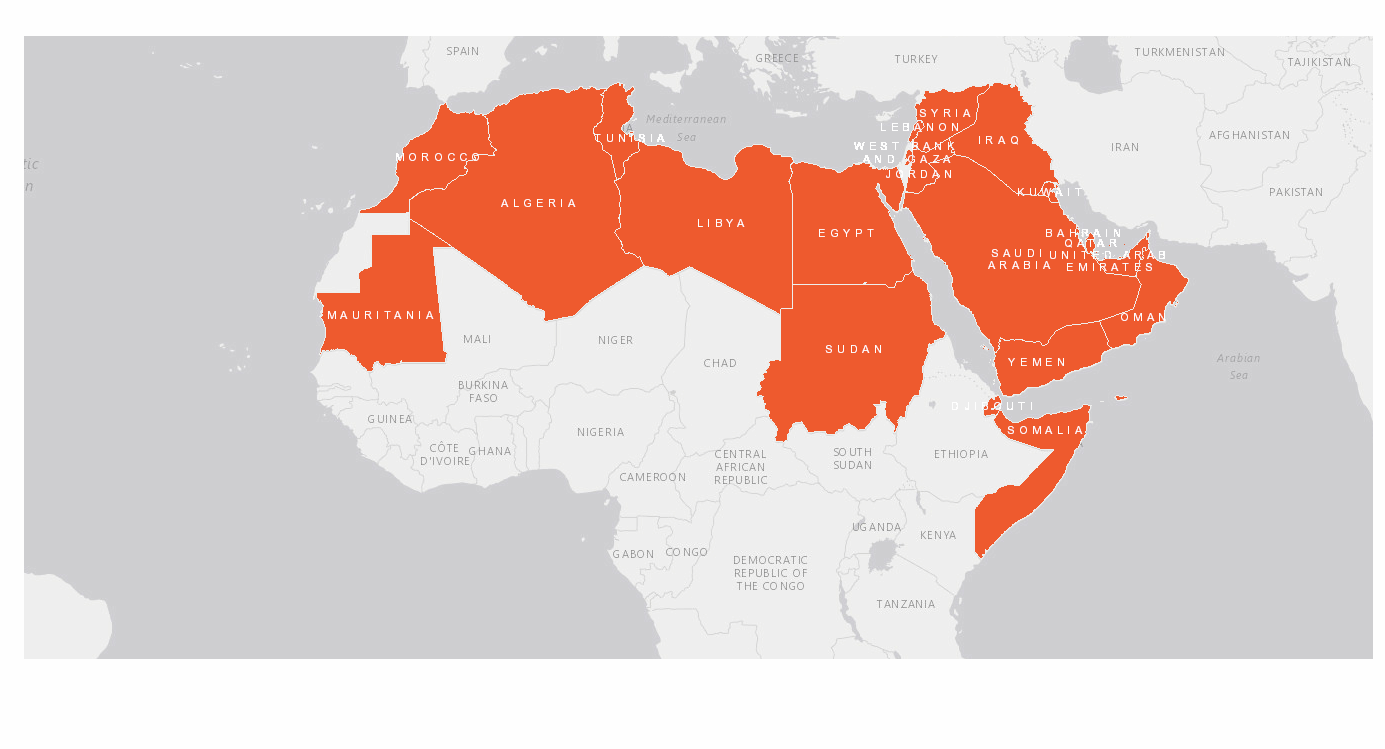
The Middle East and North Africa (MENA) region is experiencing a remarkable surge in the crypto market, with significant investments and a growing acceptance of blockchain technology. This growth is particularly noteworthy given the challenges of ensuring Shariah compliance, a crucial aspect for the predominantly Muslim population in the region.
In recent months, the Sultanate of Oman has made a bold statement with its nearly $800 million investment in mining infrastructure, signaling its readiness to be a significant player in the digital landscape. This move reflects a broader trend in the MENA region, which has seen a substantial increase in crypto adoption and blockchain investments.
According to Chainalysis, MENA is now the sixth largest crypto economy, accounting for 7.2% of the global transaction volume between July 2022 and June 2023. The region is home to three of the top 30 countries in the crypto index, with Turkey, Morocco, and Iran leading the way.
The growth of the crypto market in MENA is fueled by a combination of favorable regulation, early-stage investments, and strategic decisions to diversify governmental revenue away from hydrocarbon production. Countries like the UAE are actively working to increase the digital economy’s share of non-oil revenues, aiming for a significant 20% in the near future.
However, the journey towards widespread crypto adoption in MENA is not without its challenges. The ongoing debate surrounding the compatibility of cryptocurrencies with Islamic principles remains a critical issue. Religious scholars are actively studying and analyzing crypto assets to determine their Shariah compliance, with criteria focusing on their use as money, avoidance of speculative behavior, provision of real value to the community, and adherence to Islamic pillars such as Zakat.
From the perspective of Islamic Coin, a project I co-founded, ensuring Shariah compliance is of paramount importance. We work closely with renowned scholars associated with reputable financial institutions to obtain fatwas, legal rulings that determine the Shariah compliance of our project. These fatwas serve as a certificate of compliance, providing clarity and assurance to our users.
Despite these challenges, the future of crypto in MENA looks promising. The region is poised for continued growth, with increased private venture funding, new public investments in infrastructure, and a burgeoning interest in blockchain technology. The exit from the Shariah compliance conundrum and the rise of projects focusing on Muslim ethics and values are likely to play a crucial role in the continued expansion of the crypto market in MENA.
The MENA region stands at the cusp of a digital revolution, with crypto and blockchain technology at its heart. The challenges of Shariah compliance are being navigated with care and diligence, ensuring that the growth of the crypto market is inclusive and aligned with Islamic principles. As we look ahead, the collaboration between traditional financial institutions and blockchain ventures is set to drive innovation and growth, solidifying MENA’s position as a dominant player in the global blockchain industry.
This article is for information purposes only and should not be considered trading or investment advice. Nothing herein shall be construed as financial, legal, or tax advice. Bullish Times is a marketing agency committed to providing corporate-grade press coverage and shall not be liable for any loss or damage arising from reliance on this information. Readers should perform their own research and due diligence before engaging in any financial activities.











